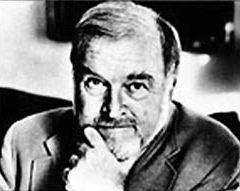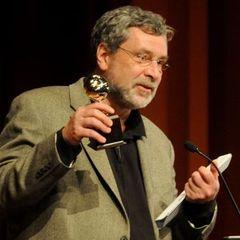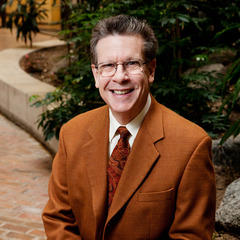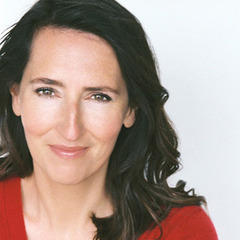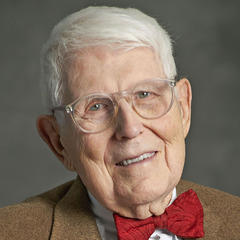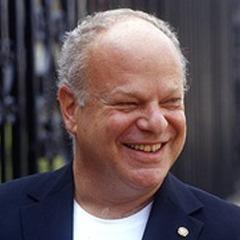Martin Seligman Quotes - Page 2
Quotes about:-
-
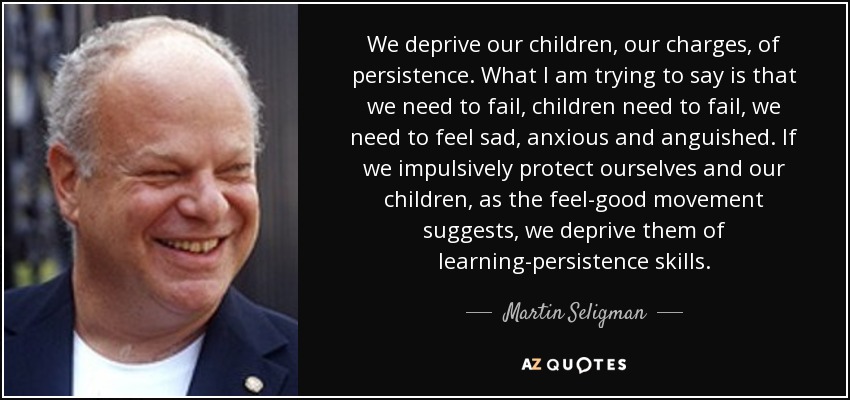 We deprive our children, our charges, of persistence. What I am trying to say is that we need to fail, children need to fail, we need to feel sad, anxious and anguished. If we impulsively protect ourselves and our children, as the feel-good movement suggests, we deprive them of learning-persistence skills.
We deprive our children, our charges, of persistence. What I am trying to say is that we need to fail, children need to fail, we need to feel sad, anxious and anguished. If we impulsively protect ourselves and our children, as the feel-good movement suggests, we deprive them of learning-persistence skills.
-
Martin Seligman
- Born: August 12, 1942
- Occupation: Psychologist
- Cite this Page: Citation
